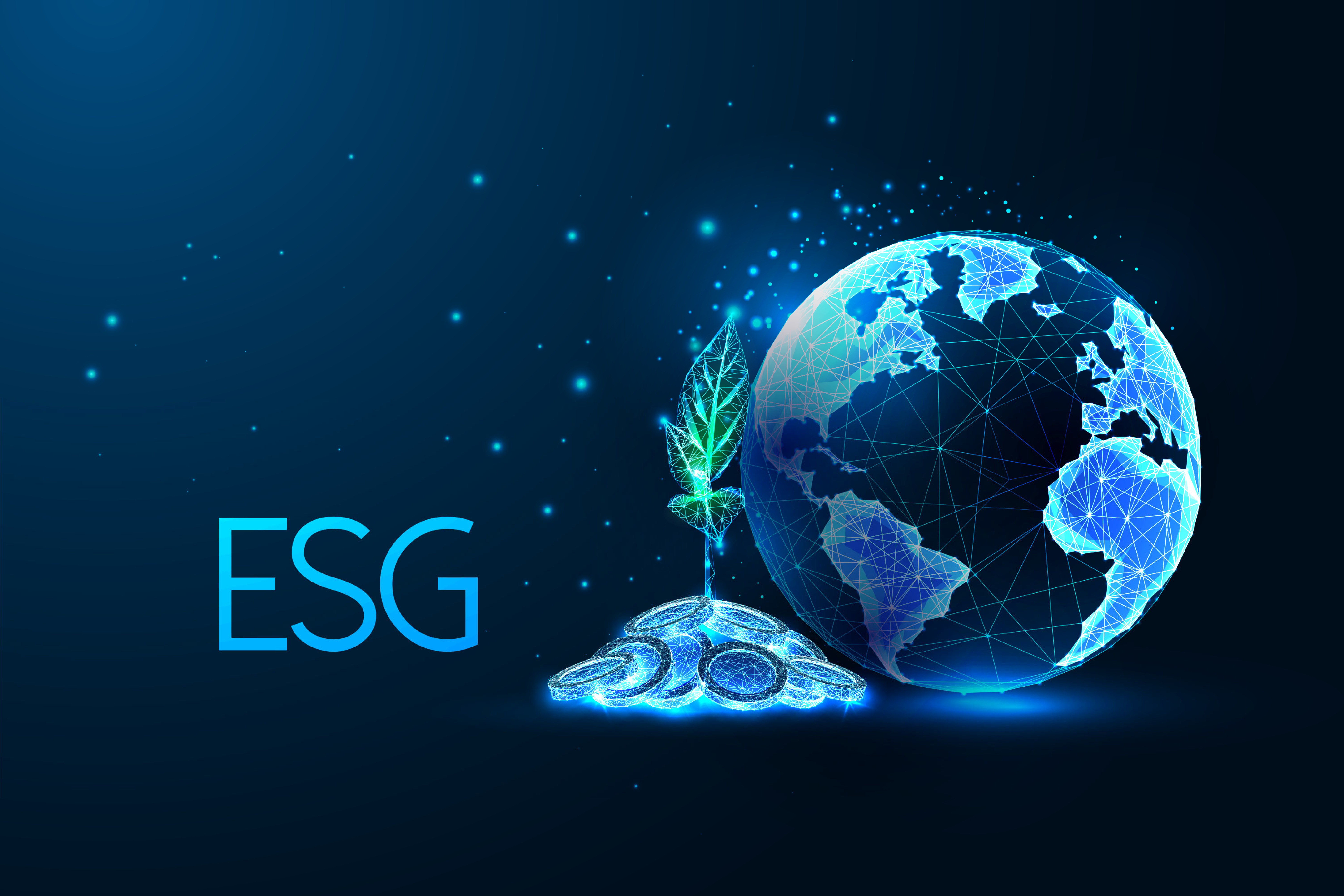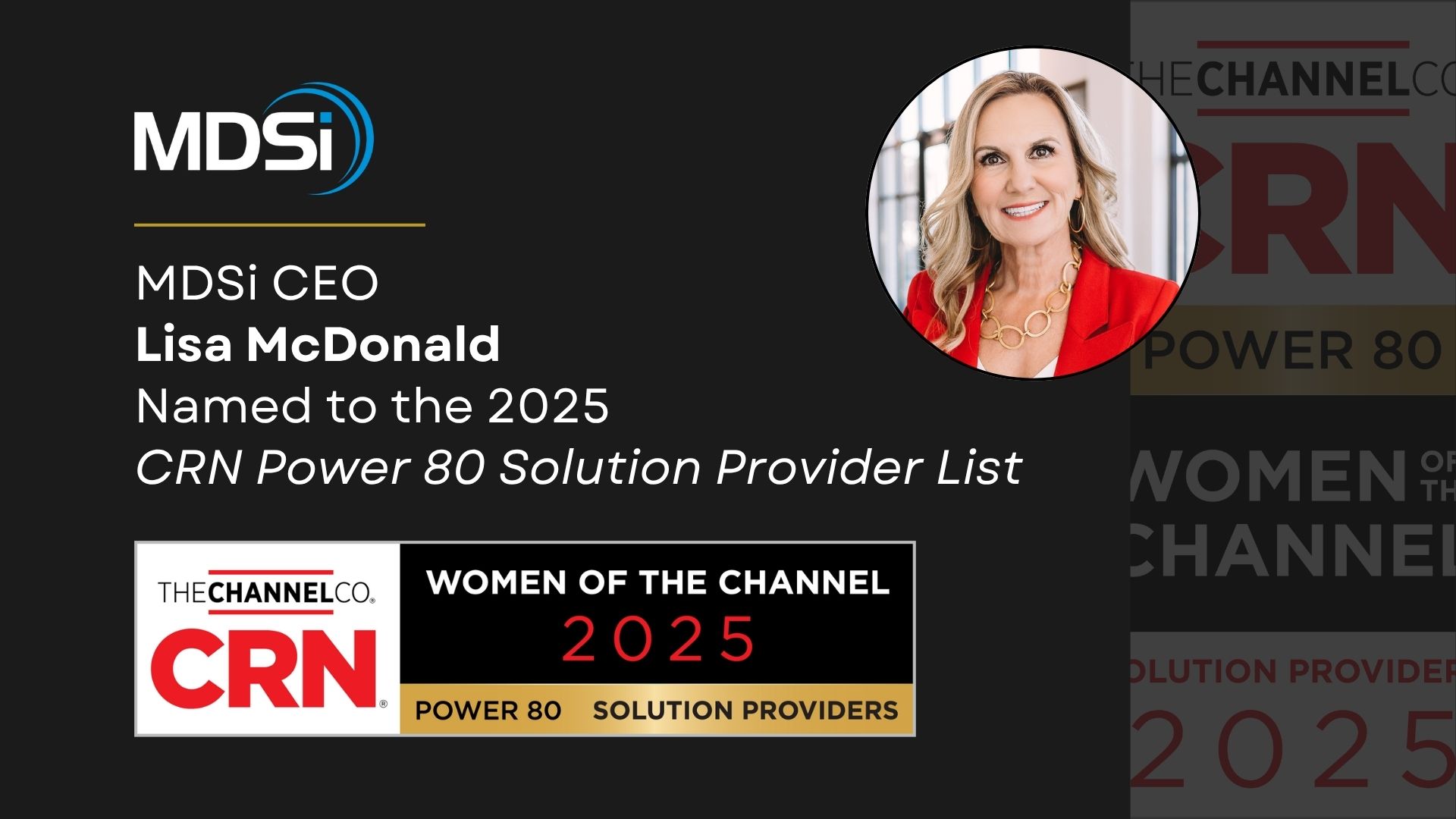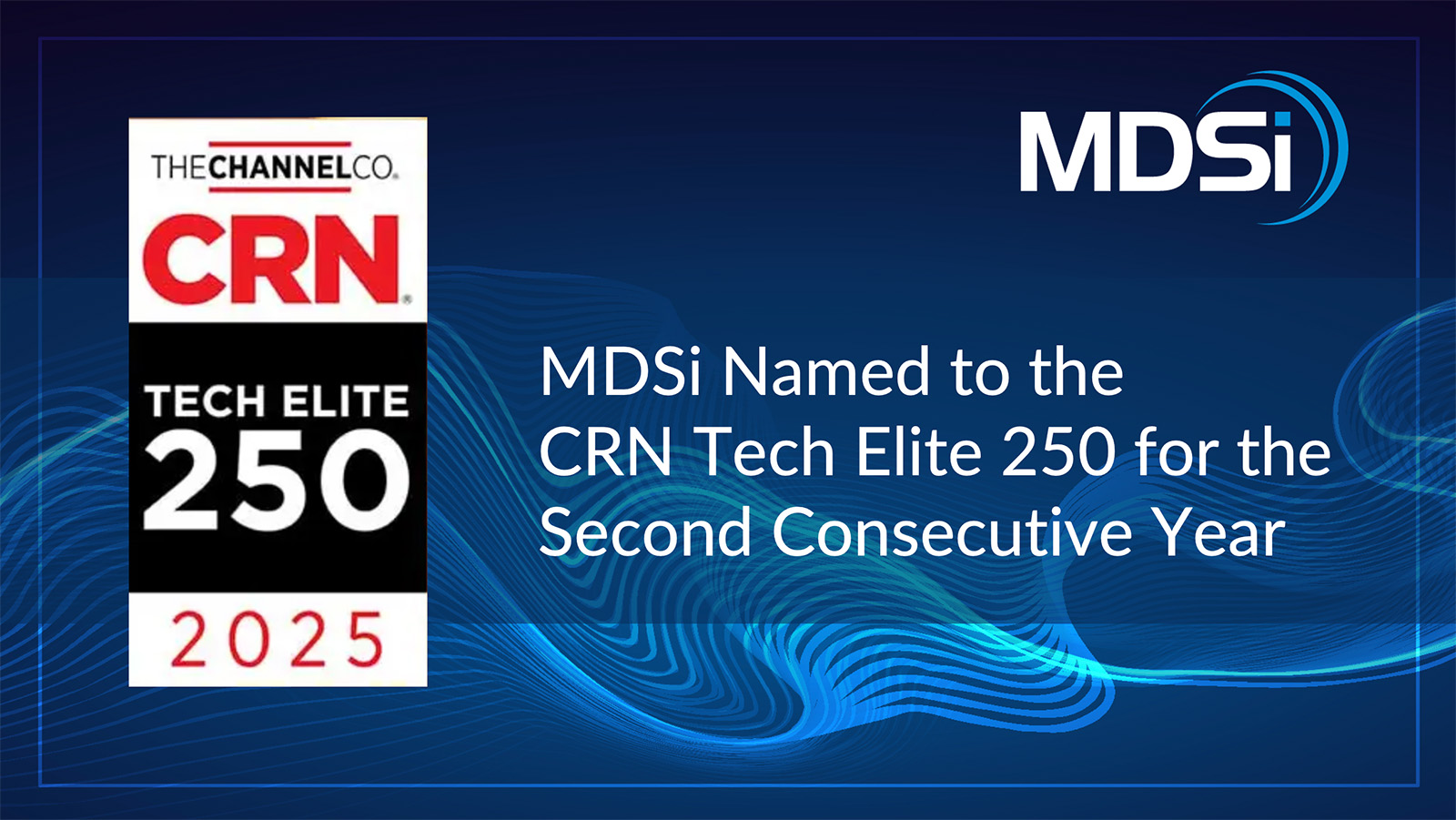There is more scrutiny of how companies operate now than ever before. There is a good reason for this. Private sector actors are an integral part of our societies and our natural world. When we do good — by creating jobs, adding value to our community, and being good stewards of the environment — companies can positively affect the world they operate in. When we ignore or neglect these ideas, we are missing a massive opportunity to not only do good for Planet Earth but also for our corporate bottom lines.
It is also unconscionable to continue in past practices that we did not realize or accept were doing harm. We can no longer deny that we know how our decisions affect economic mobility, racial equality, or our planet’s future. And that’s a good thing. We have the experience and the vocabulary to know that we can do more than just improve our bottom line.
Whether that vocabulary is based on ESG (environmental, social, and governance) principles, CSR (corporate social responsibility), or another framework matters less than committing to being a positive player in our society. How then does a company pursue these goals while remaining true to its purpose and responsibilities as an economic actor?
At MDSi, we continue to focus on the same principles of maximizing the lifespan of a company’s technological investments. This makes good business sense for us, and it always has. We inventory and keep track of clients’ technological infrastructure and help ensure that infrastructure is working as efficiently as possible for as long as possible. Once a piece is no longer useful where it is, we try to find another place in the process where the company can extract value from it. And once it is no longer of value in any form, we send it to a recycler who can give its constituent materials a new life.
This concept of the circular economy is not something we do to boost our ESG profile or attract talent to a profitable yet forward-thinking company. This is something we do because it is how we do business. Deviating from these circular economy principles not only goes against our responsibilities and commitments as corporate citizens. It also just does not make business sense. Our existence is predicated on the circular economy, and we help our peers and clients understand how it has made us more resilient and how they can leverage our experience to get more value out of the same investments.
A first step towards understanding the benefits of ESG is to realize that your company is a part of this world. To some corporate leaders, the world’s problems appear to be too distant or too intractable to even begin to solve. The irony is that the business executives who are too wary to take a stand on social or economic issues are often the same visionaries who have made their fortunes by solving seemingly impossible problems. That same problem-solving mentality can and should be brought to bear on the world around us.
Secondly, a company should understand that these efforts are not exclusively altruistic. The World Economic Forum notes that there is ample evidence that companies driven by purpose rather than solely profits tend to perform better in the long term. There are many ways that a company can benefit from its commitment to improving society.
“By helping to make societies more equitable, consumer bases grow, operating environments become more stable and there is greater trust between customers and stakeholders,” the WEF says.
What business leader wouldn’t want more prosperous customers, a bigger and more qualified labor pool, and less economic and political uncertainty? As business leaders, we are meant to know that the work we do today determines the wealth we harvest tomorrow. It is unrealistic to expect to reap the benefits of a more equitable society without doing our part to get us there.
As utopian as this long-term vision sounds, companies still operate in an environment where we need to show short-term profits to stay in business. Thankfully, the twin goals of short-term performance and long-term success are not mutually exclusive. In fact, by committing to being a valuable community partner for the long term, companies can improve how that community (of potential customers and employees) views and values your company.
It can be tempting to grasp this trust and value from the community just to see your job applications swell or your products become popular. Some companies spend more time telling the world about the good they are doing than actually doing good things. Tread carefully — even if you can’t see it from the inside.
Rather than strategizing over how often you should remind everyone of your good deeds, begin by thinking about what your company can do that is in line with its culture, its business goals, and its mission. Changes that adhere to your corporate DNA are more likely to stick, are easier to explain to stakeholders, and are less likely to reek of cynicism. In short, commit to more durable internal changes rather than external signaling.
Some leading companies that are succeeding at a very high level when it comes to ESG and CSR policies and practices continue to focus on the same principles of maximizing the lifespan of a company’s technological investments. This makes good business sense for all, and it always has. These organizations inventory and keep track of clients’ technological infrastructure and help ensure that this infrastructure is working as efficiently as possible for as long as possible. Once a piece is no longer useful where it is, they try to find another place in the process where the company can extract value from it. If that company is done with it, they can reuse it with a different client. Once it is no longer useful to anyone in its current form, they can break it down and potentially use parts of it. And once it is no longer of value in any form, they can send it to a recycler who can give its constituent materials a new life as, for example, a piece of drywall.
The concept of a circular economy is not something companies should do to boost their ESG profile or attract talent to a profitable yet forward-thinking company. This is something they should do because it is how they do business. Deviating from these circular economy principles not only goes against our responsibilities and commitments as corporate citizens. It also just does not make business sense. Today, at least to a certain extent, a company’s existence is predicated on the circular economy and helping their peers and clients understand how they can become more resilient and how they can leverage a solid provider’s experience to get more value out of the same investments.
This brings us to the final point about working ESG into your company’s operations. When you have made changes that make you a stronger company and a more valued member of the community, you should be proud of them. Make sure new employees and clients know what you do and why you do it. Include the altruistic outcomes, but don’t shy away from the business reasoning as well. All of it contributes to your commitment to respect our shared social and natural prosperity.
About MDSi
Founded in 1990, MDSi is a leading supplier of technology products, software, integration services, and supply chain solutions supporting the following architectures: IT Voice and Data, Access, Edge, Core Transport, IP Routed Networks, Wireless Networks (5G), Cloud Solutions, HFC, and CMTS that help companies run more efficient, sustainable, and profitable businesses. With operations across hundreds of locations, organizations rely on MDSi to solve complex problems by delivering proactive technology solutions that significantly impact their growth and profitability. For more information, please visit www.mdsiinc.com, email info@mdsiinc.com, or call 1.800.874.9850.
Contact
marketing@mdsiinc.com








